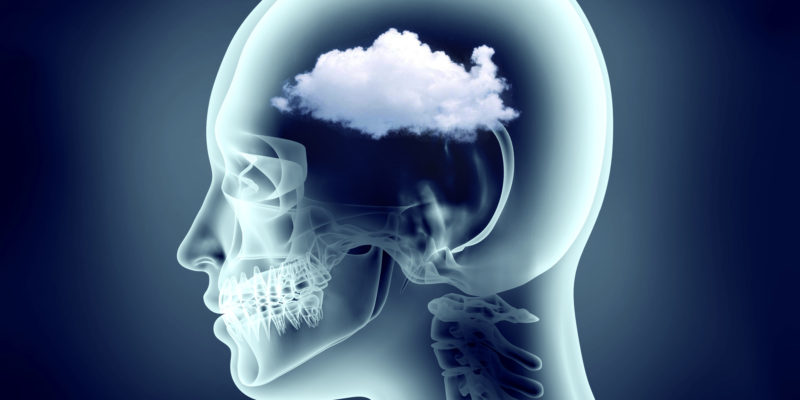If you have seizures or are the parent of a child who has seizures, then…

Video EEG Monitoring to Help Understand Brain Fog
Have you been feeling confused? Like you are not quite on your game? Experiencing memory problems? Having a difficult time communicating in the same way that you once did? If so, you may be experiencing brain fog. While not a medical condition on its own, brain fog can be indicative of a variety of different health conditions. Understanding why you are experiencing those symptoms can be an important first step to help address underlying medical issues and to correcting those symptoms.
What is brain fog?
Brain fog is a term that people use to describe feeling a little fuzzy mentally. Your thoughts may be slower or a little disorganized. Your reaction time may be delayed. Think about how you might feel after pulling an all-nighter, after drinking a little too much, or when you are battling an illness.
Is brain fog a serious problem?
It depends. We all feel fuzzy from time-to-time. Most of the time and for most people, a good night’s sleep, a healthy meal, and making sure that they are hydrated is enough to cure a temporary foggy feeling. However, if the brain fog persists, it can not only impact quality-of-life, but also indicate a serious problem.
What causes brain fog?
Some common causes of brain fog include pregnancy and menopause, medication interactions, chemotherapy, multiple sclerosis, depression, chronic fatigue syndrome, lack of sleep, too much sleep, and lupus. People experiencing early stages of dementia may begin with brain fog. In addition, many people who are recovering from COVID-19 are reporting lingering feelings of brain fog, which may persist for months after they have recovered from the active COVID-19 infection.
Can EEG monitoring help diagnose causes of brain fog?
Yes. Video EEG monitoring allows a neurologist to look at electrical activity inside the brain. Because the test is non-invasive, it can provide a look at your brain while you are engaging in normal activities. While it cannot identify all of the potential causes of brain fog, it can be a helpful diagnostic tool for seizures, brain tumors, strokes, developmental disorders, behavior disorders, brain injuries, dementia, brain infections, and attention deficit disorders.
From a diagnostic standpoint, EEGs can be important even if the doctor does not suspect one of those identifiable causes of brain fog. By ruling out the above conditions, the doctor may better be able to treat the brain fog or refer a patient to an appropriate specialist for additional treatment.
Are there treatments for brain fog?
Because brain fog is a symptom, not a condition, it is not quite accurate to say that there are treatments for brain fog. However, there are treatments for many of the conditions that can lead to brain fog. If brain fog is due to a medication, a doctor may be able to substitute other medications. If brain fog is due to a lifestyle issue, such as too little sleep, or a temporary physical cause, such as pregnancy, it may simply be reassuring to know that the condition is likely temporary.
What can I do to improve brain fog symptoms?
There are several habits known to improve cognitive function, which can help some people who are experiencing brain fog. Get the right amount of sleep. Get 30 minutes of aerobic exercise at least five days a week. Avoid alcohol and drugs. Eat a Mediterranean diet rich in fruits, vegetables, whole grains, and olive oil. Stay social. Engage in stimulating activities like reading, listening to music, and puzzle games.



